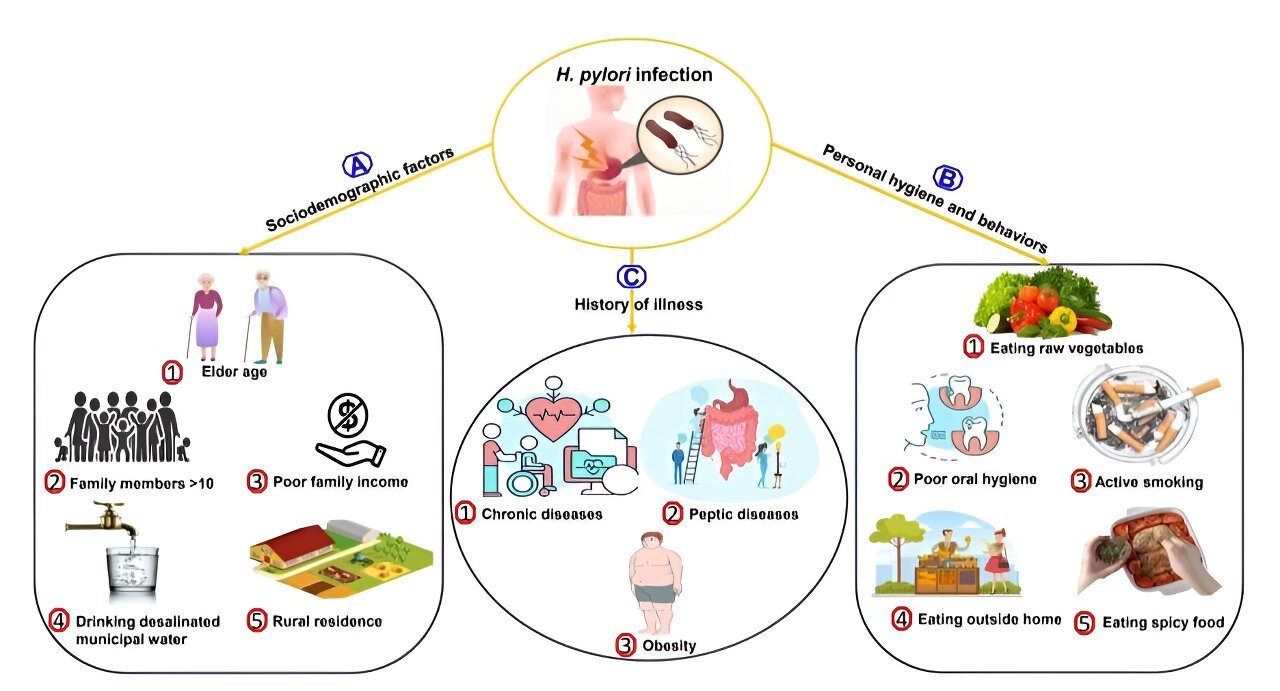Slide 1
How MS Affects the Body
MS affects everyone differently and can impact many parts of the body
Slide 2

Multiple sclerosis (MS) is a disease that affects the central nervous system, which is made up of the brain and spinal cord.
MS happens when the immune system attacks the myelin sheath, the cover that protects nerve fibers. The damage complicates communication between the brain and the rest of the body. As a result, MS can affect many parts of the body.
Slide 3
Brain
Damage to myelin and the nerves underneath can disrupt the brain’s ability to send signals to the rest of the body.
About 1 in 2 people with MS have problems with thinking, called cognitive problems, including trouble concentrating and poor memory.
Slide 4
Eyes
MS can cause inflammation in the optic nerve, which connects the eye to the brain. This inflammation may lead to vision problems, including blurred vision and pain with eye movement.
Slide 5
Throat
MS can damage nerves that control the muscles required for chewing, swallowing and speaking. MS may also cause throat numbness that makes chewing and swallowing hard.
Slide 6
Chest
Nerve damage to chest muscles can cause breathing problems.
Nerve damage can cause a symptom known as “MS hug” (aka “girdling”), which is the feeling of a tight band around the chest or ribs.
Slide 7
Arms
Muscle weakness in the arms and legs is a common MS symptom.
Many people with MS also get a “pins and needles” feeling or numbness in their arms and legs.
Slide 8
Bladder and Bowels
Nerve damage can lead to problems with bladder and bowel control.
Slide 9
Legs and Feet
Weakness in one or both legs is a common symptom that can make walking or balancing hard. Leg and foot pain, numbness, and tingling are common as well.
Some people with MS get “hot feet” (erythromelalgia), which is when their feet feel hot and swollen even though they look normal.
Slide 10
MS affects everyone differently, and symptoms can be hard to predict. A healthcare provider can help you decide if treatment is an option for managing your individual MS symptoms.
This educational resource was created with support from Novartis.









